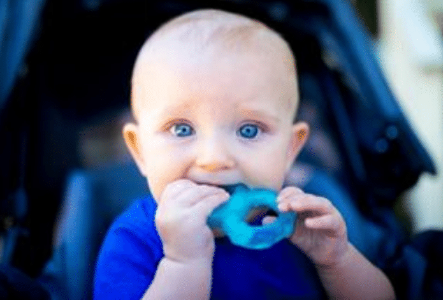
It is a common belief that teething causes secondary symptoms such as a runny nose, irritability, high fever, or problems with sleeping. However, studies have shown that these types of concerns are caused by health issues unrelated to teething. Here are some of the things to expect during teething, and some that are often attributed to teething, but are better discussed with your child’s doctor.
A Teething Breakdown
Teething generally begins around 6-12 months of age, and can 24 months or more to complete. Each tooth eruption lasts about a week – 4 days before the tooth breaks through, followed by 3 days of healing. During these episodes, it is common to see some minor symptoms. Your child may experience a low-grade fever (around 99.0°F), excessive drooling, chewing obsession, gum irritation and discomfort, and/or a slight facial rash during tooth eruption. These symptoms are all normal and should pass within a few days.
What Teething Doesn’t Cause
While teething may cause the mild reactions listed above, more serious symptoms like those below, are not related to teething:
· Runny Nose
· High Fever
· Vomiting
· Digestive issues (Diarrhea, cramping)
· Coughing
If your child is experiencing any of these symptoms for an extended time, consult your child’s doctor.
Your child should have a dental visit within the first 6 months of tooth eruption. It is important to have dental examinations done early, so you can start them on a path of life-long oral health. If your child is teething, our team is more than happy to help. Contact our pediatric dental office to schedule an appointment.

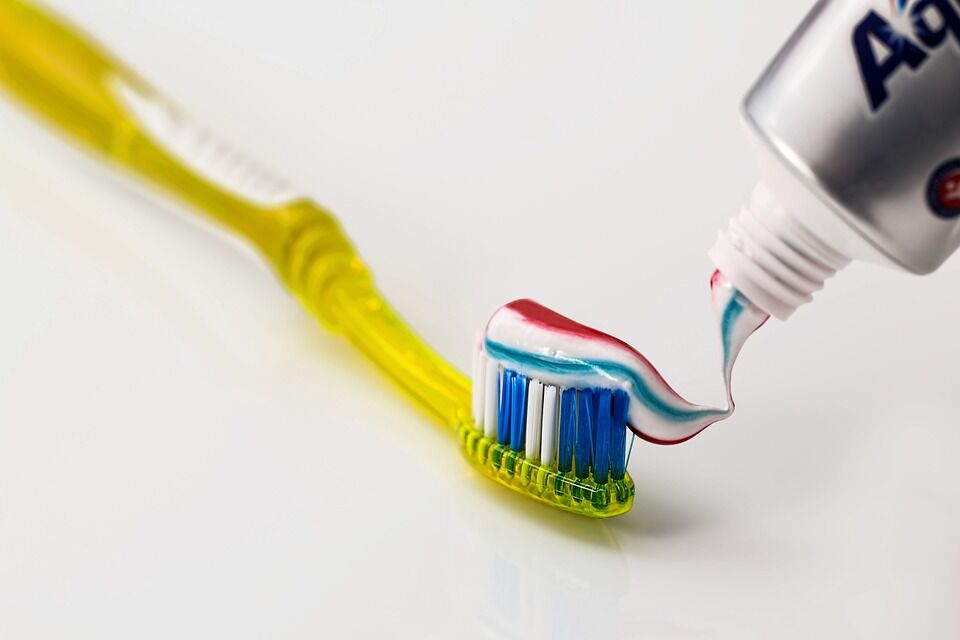


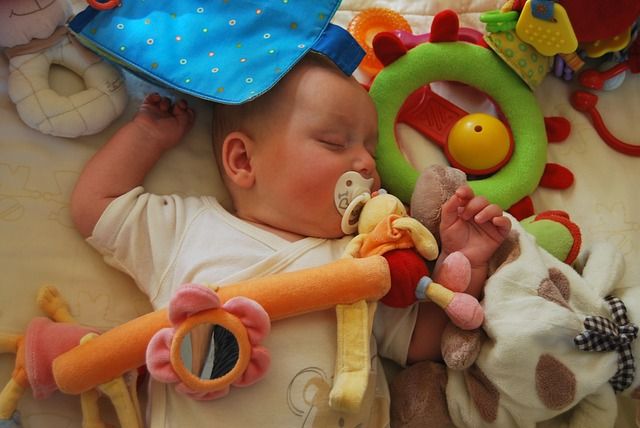


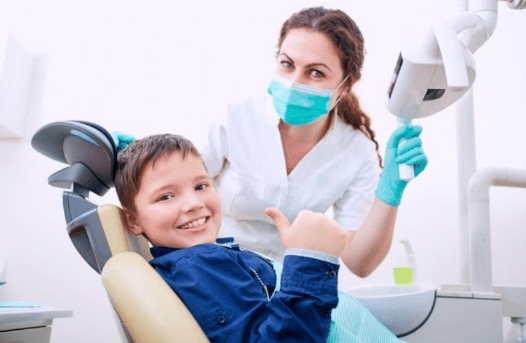
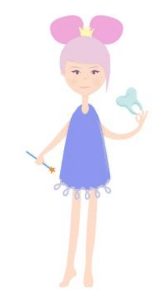
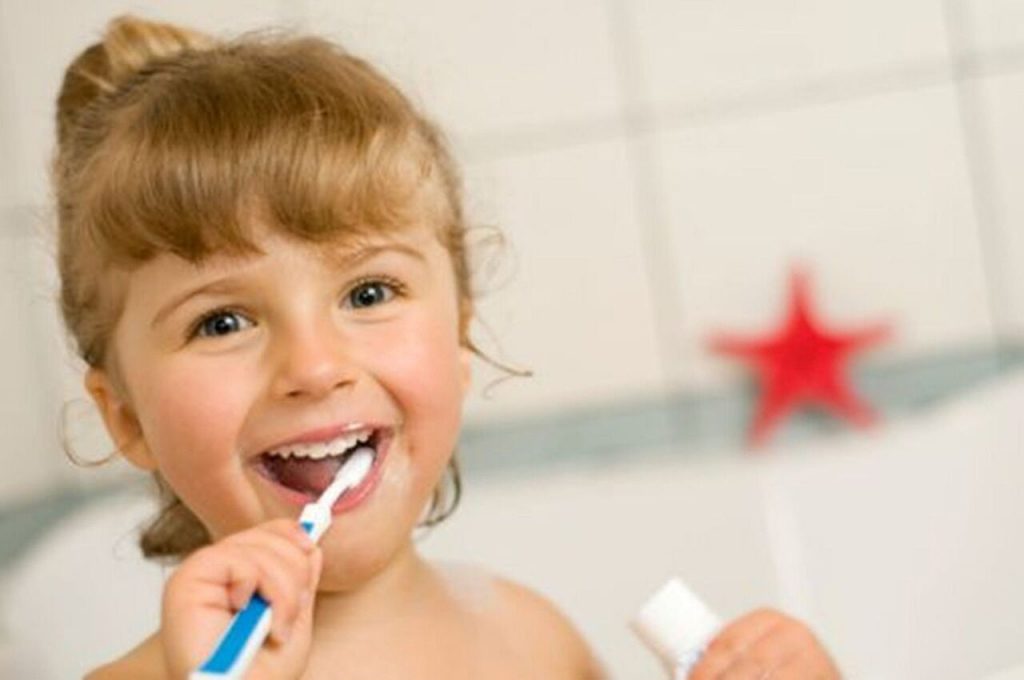
 Hoover Dentist
Hoover Dentist





